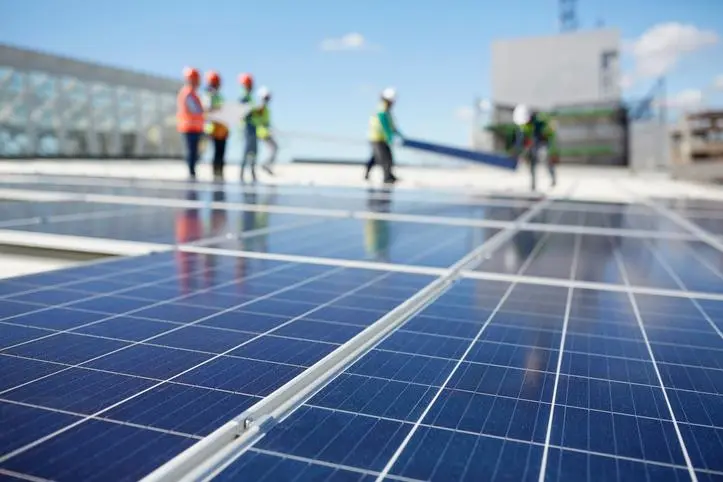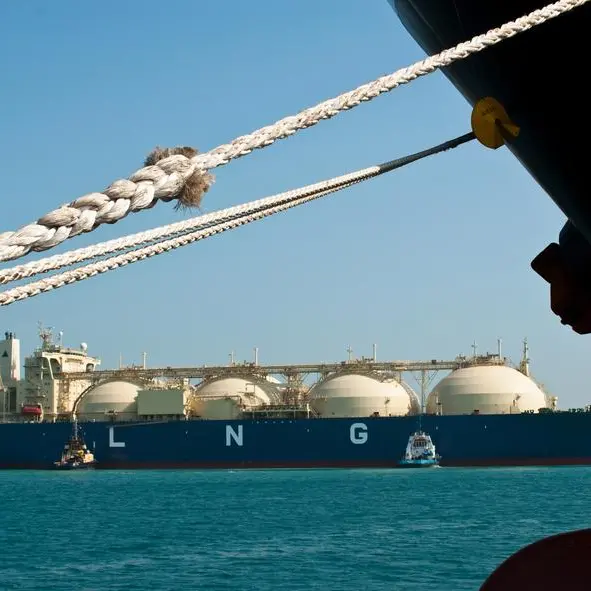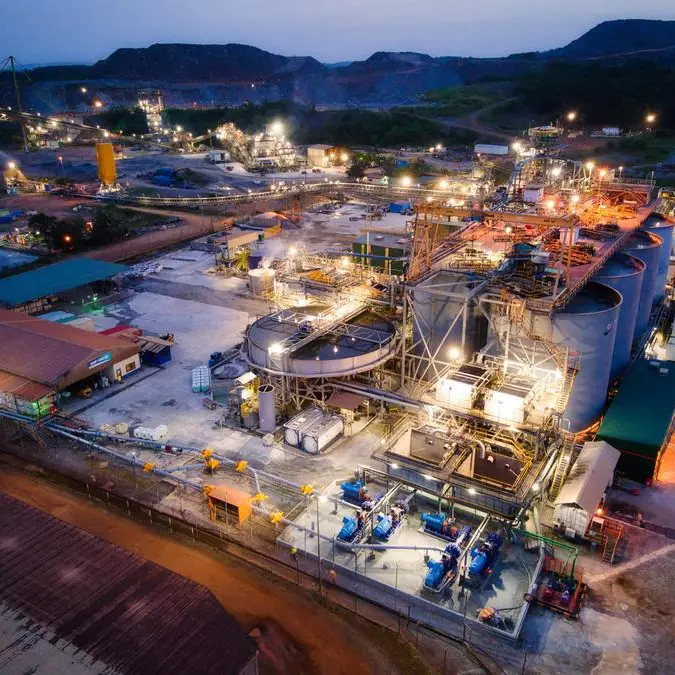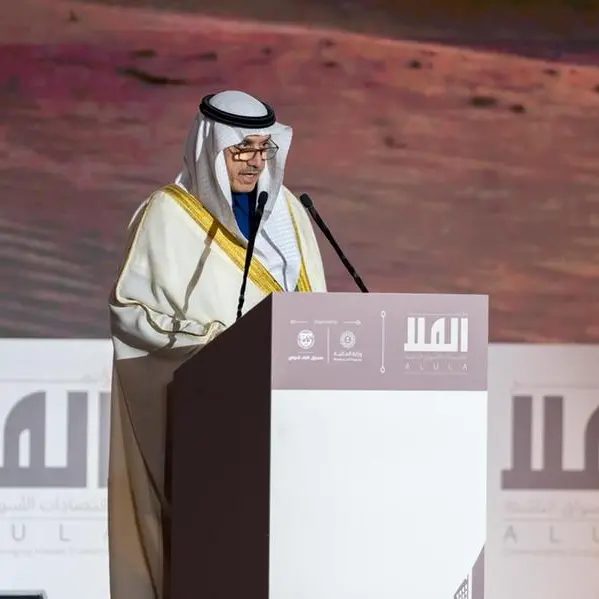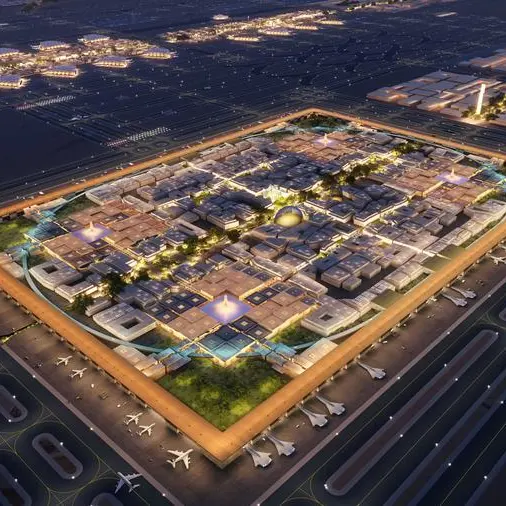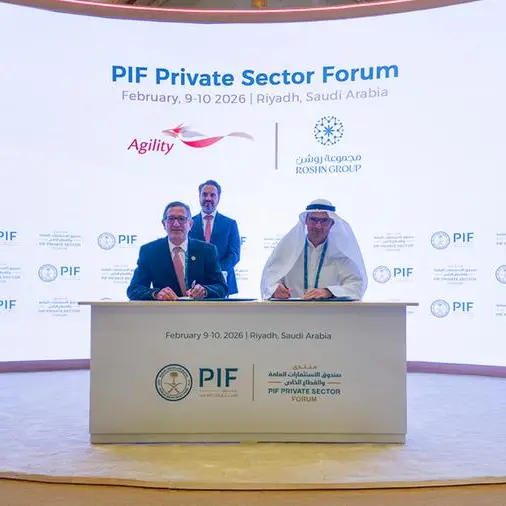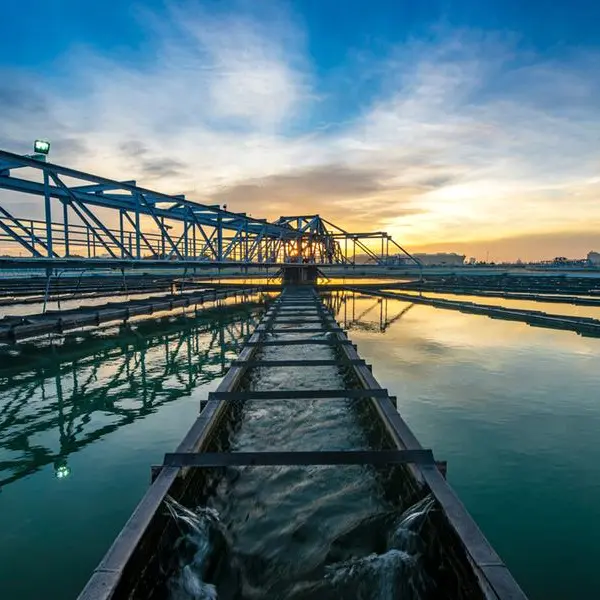PHOTO
Bahrain has achieved over 70 percent of its sustainable energy targets set under the National Renewable Energy Action Plan (NREAP) and National Energy Efficiency Action Plan (NEEAP), the President of the Kingdom’s Sustainable Energy Authority (SEA) said.
Abdul Hussain bin Ali Mirza said solar projects totalling 195 megawatts (MW) had been approved under the NREAP, and the 22 NEEAP initiatives have resulted in savings worth 230 million Bahraini dinars ($600 million) per annum.
The SEA was set up in October 2019 to oversee the implementation of Bahrain’s sustainable energy transition. Bahrain set a target of 5 percent renewables incorporation by 2025 and 10 percent by 2035 under NREAP and a 6 percent reduction in energy consumption by 2025 under NEEAP.
Speaking at the 2nd annual international sustainable energy virtual event iSEE 2021 organised by the SEA, Mirza said despite population growth and new towns and buildings coming up, the actual peak load increased at a much lower rate. Between 2017 and 2020, he said, peak load increased by 12 percent from 3,527 MW to 3,662 MW, which was significantly lower than the forecasted 31 percent increase to 4,253 MW for 2020.
NREAP progress
Speaking about the achievements under the NREAP program, Mirza said that “78 percent of the projects totalling 195 MW have been approved or implemented so far, and we have another four years to achieve the target.”
He said a conservative estimate of developer projects in the pipeline is about 25 MW but could be more than 100 MW.
Also, seven projects to produce 250 MW have been outlined under the NREAP. They are solar systems for government buildings and new town development and housing projects, waste-to-energy projects (biogas and others), industrial renewable energy initiatives, onshore/offshore wind farm, large-scale solar farm on available land, renewables in infrastructure projects, and public works (causeways and airports).
Under the government rooftop project, 535 government buildings were identified, totalling 50 MW. The rooftop solar projects include 5 MW Electricity and Water Authority,1.25 MW Saint Christopher School, 4 MW King Hamad Hospital, 4 MW Tatweer Petroleum, 5 MW Awali project, 1 MW American Mission Hospital, 254 kW Avenues Mall, 532 kW BDF Hospital and Shaika Mouza School 1 MW.
Under Phase 1, the contract has been signed for eight schools totalling 3 MW, and SEA oversaw the design, evaluation, technical negotiations, and preparation of Power Purchase Agreements for the tender, Mirza said.
“The tender was awarded to bidders to finance, build, own, operate, and manage the plant for 20 years in return for a tariff”, he said.
Bahrain received bids between 19.8 and 23 fils/ KWh for phase one, which was 30 percent lower than the current EWA tariff of 29 fils/ KWh, he said.
“We now have requests from 24 Ministries and authorities to do it on a BOOM [Build-Own-Operate-Maintain] basis. We will be tendering next month for four ministries – the Ministry of Youth and Sports Affairs, Ministry of Labour and Social and development, Ministry of Foreign Affairs, and the Prime Minister’s Court under Phase 2”, he said.
He said that among other initiatives underway, Bahrain’s first and only 100 MW utility-scale solar project is under construction; net metering was implemented in 2018, and renewable energy incorporation has been made mandatory for all new buildings in Bahrain under the Green Building Code prepared with the Ministry of Works.
Energy efficiency achievements
The 22 energy efficiency initiatives undertaken under the NEEAP have resulted in 230 million dinars ($600 million) savings annually, the SEA President said.
Listing the achievements under the energy efficiency plan, he said, “All government lights were changed to LED, and it will be solar next. We have prepared regulations for district cooling. A water resources council for water conservation was set up, SEA has tied up with four Energy Service Contracting Companies (ESCOs) to do energy auditing for companies, and the Ministry of Industry and Commerce now has the specification for electric cars”.
Mirza said the Ministry of Industry has suggested that SEA prepare a strategy for electric cars that will also mention where the charging points are and who will be administering them.
Bahrain is also preparing a green procurement manual to ensure all future government purchases are environment friendly, he said.
(Reporting by Sowmya Sundar; Editing by Anoop Menon)
Disclaimer: This article is provided for informational purposes only. The content does not provide tax, legal or investment advice or opinion regarding the suitability, value or profitability of any particular security, portfolio or investment strategy. Read our full disclaimer policy here.
© ZAWYA 2021
